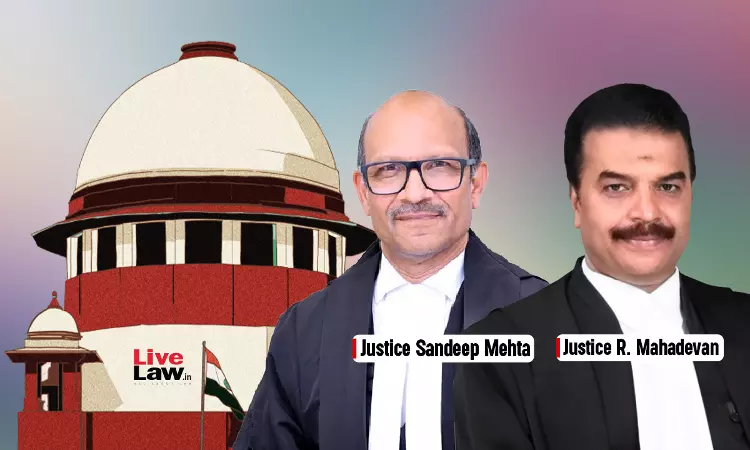The Supreme Court observed that the seniority of the entire cadre working in an establishment could not be disturbed via a subsequent modification in the Government Order (G.O.) fixing the seniority of an employee in an establishment. The bench comprising Justices Sandeep Mehta and R. Mahadevan said that giving a retrospective effect to the modification made in the G.O. (based on which...

